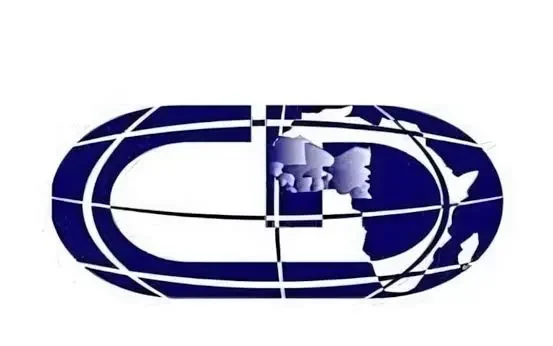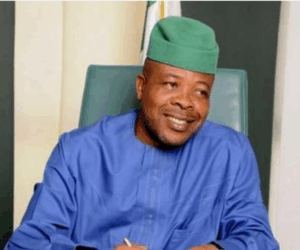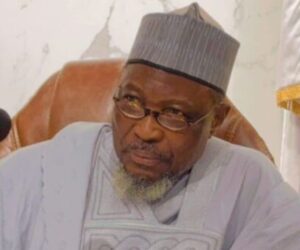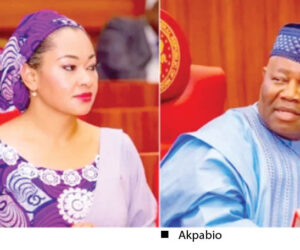The Centre for Democracy and Development (CDD-West Africa) has raised the alarm over the resurgence and normalisation of military rule in parts of West and Central Africa, warning that recent coups in Mali, Burkina Faso, Niger, and Guinea signal a new wave of sophisticated authoritarianism.
In a statement shared with PREMIUM TIMES on Tuesday, CDD-West Africa Director Dauda Garuba said these military interventions are not isolated disruptions but present themselves as national corrections, often cloaked in the language of sovereignty, anti-imperial resistance, and Pan-African revivalism.
Mr Garuba, who drew on a background paper, ‘Militarism Reloaded: The Rise of Military Populism in Francophone West Africa’, said this emerging military populism exploits citizens’ frustrations with democratic failures, insecurity, and global inequities.
He stated that beneath patriotic slogans and viral digital campaigns, it represents a strategic attempt to consolidate power, silence dissent, delay transitions, and redefine legitimacy in postcolonial Africa.
He explained that the report highlighted that electoral processes are frequently postponed or rewritten, constitutions suspended, and civil society voices suppressed under vague national security threats.
For example, Mr Garuba said, in Burkina Faso, Mali, and Niger, military regimes are increasingly using digital platforms to mobilise support, spread disinformation, and portray elections as distractions, positioning themselves as saviours of the state.
Regional implication
CDD-West Africa warned that the phenomenon has regional implications. ECOWAS, once seen as a defender of democratic norms, is struggling to enforce its red lines, and the weakening of regional institutions could undermine decades of democratic progress across West Africa.
Over the next eight months, the group said it will work with regional partners to conduct in-depth research on military populism, monitor digital propaganda, and assess threats to elections, civic space, and regional cohesion.
The goal, he noted, is to generate evidence-based insights and practical recommendations to support democratic resilience.
The organisation urged African governments, citizens, civil society, and regional bodies not to mistake military populism for reforms, stressing that coups accelerate fragility rather than solve civilian governance failures.
“The time to act is now. It is essential to underscore this before narratives harden, institutions crumble, and another generation grows up believing that the gun, not the vote, is the legitimate path to power in Africa,” the statement added.
Background
In recent years, a spate of military coups has occurred across Africa, including in Mali, Niger, Burkina Faso, Sudan, and Guinea. Once dormant in African politics, military rule has returned, with leaders often suppressing protests, gagging the media, and justifying violence in the name of public safety.
These military regimes have also shifted geopolitical alignments, reducing ties with France and the United States while drawing closer to Russia and Russian-backed mercenaries.
Analysts say the trend reflects both internal weaknesses in governance—including corruption and poor service delivery—and the persistent appeal of militarism as a political tradition.
Historically, African military regimes promised to bring order, prosperity, and discipline. Although most failed, the appeal of military rule persists, especially among populations frustrated with civilian governance.
Recent coups in Mali, Niger, and Burkina Faso have disrupted regional stability, while ECOWAS struggles to respond effectively.
Public support for military regimes is partly fuelled by the perception that civilian-led governments are ineffective, corrupt, or beholden to foreign interests.
Military leaders often portray themselves as defenders of national sovereignty and anti-colonialism, gaining initial backing from citizens through public demonstrations and even donations.
Despite these trends, surveys indicate that Africans still prefer democratic governance.
READ ALSO: Tinubu speaks on state visit to Brazil
According to Afrobarometer, support for democracy remains strong, though it has declined slightly in some countries due to corruption, poor service delivery, and declining election quality.
Young people, in particular, show greater openness to military rule, reflecting a combination of trust in the military and disillusionment with civilian governments.
Experts warn that both military and civilian-led authoritarianism undermine stability, and that sustainable democracy requires citizens to take ownership of the political process, address security and economic challenges, and build resilient institutions.










